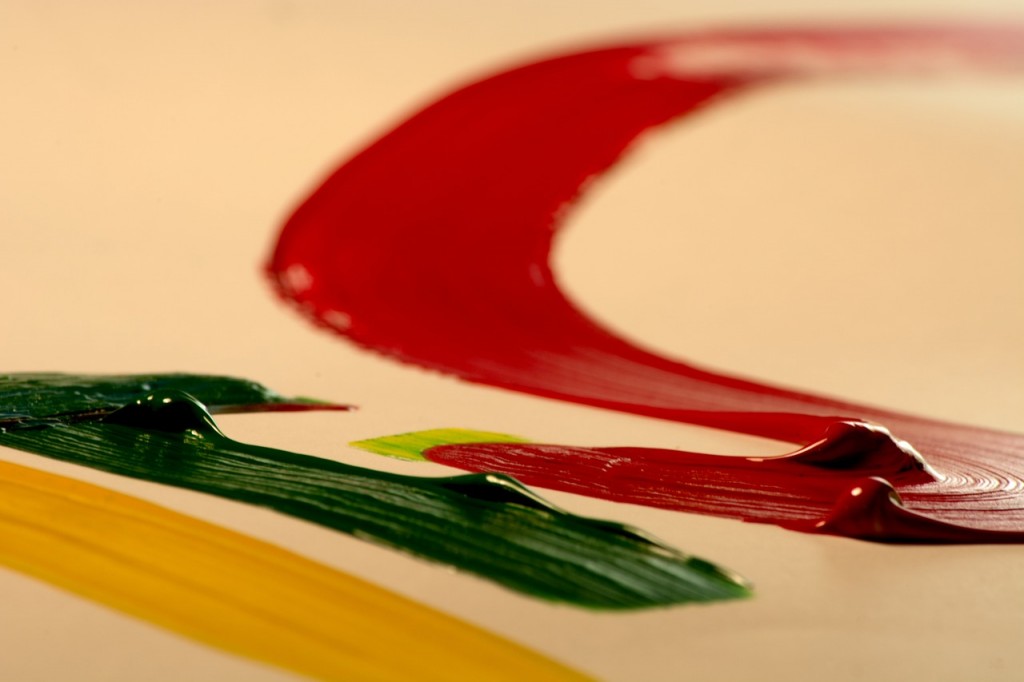“If they give you ruled paper, write the other way.”
~ Juan Ramón Jiménez
Creativity has its limits. We’re made in the image of God, but that image is still broken and cries out for restoration. Until that ultimate restoration through the reign of Christ, our creativity needs governance.
The ability to recognize our limitations is essential in the process of music-making. It takes humility to offer up what we’ve made for examination by the collective musical consciousness. In doing so, we’re acknowledging that what we imagine to be musical insights may at times be merely whims. Only the proud artist has such complete trust in his own intuition that he writes perpendicular to the lines with impunity. His confidence rests in his belief that he, not God, is the measure of all things, and consequently the ultimate arbiter of what is beautiful and good. Beyond this, he is revealing that his creative acts are intended to serve himself. But our calling as servant-musicians compels us to turn from the path of pride. We didn’t create ourselves, we didn’t redeem ourselves, and our creative acts aren’t intended to serve ourselves. We exist for the glory of Another (God) and the up-building of another (the church). And so we willingly submit our work to others, peerless and flawless as it may be in our own inflated estimation, so that it may be sharpened and refined and useful.
Now the image of God in us may be flawed, but it enjoys the present reality of redemption and the future promise of restoration. So it is that our creative acts, imperfect as they are, still reflect the creativity of the Creator. Even the creativity of unregenerate men is blessed by common grace, so we may marvel at the music of Beethoven while worshiping the One who made music ex nihilo. How much more do the labors of the redeemed display the glory of God in Christ, though they may be of lesser value in human estimation?
There is a time for everything under heaven, says the Preacher. And so there is, by application, a time for submission to consensus. And yet there is also a time for quiet confidence in what we have made. We’re formed, initially, by learning and imitating others in silence. We grow and are refined through criticism and collaboration. But there is always an essential point in every creative endeavor at which we leave the company of others and continue the ascent alone. Being misunderstood is not the exclusive domain of the great artists: even mediocre ones need to be willing to step out beyond consensus and create.
So as an artist, how do you know when in the process to stop implementing every suggestion and revision? It’s impossible to prescribe exactly where submission to consensus ends and individual expression begins. Just remember this: no one, not even the regenerate man, “drifts towards holiness.” Humility is not your default clothing; rather, it is one you must put on daily. And even as you seek to express what is unique and individual within you, remember that you do not live to yourself. Remember that you have been bought with the blood of Christ, and you are not your own. And remember that, whether you are a vocational church musician or not, you must never stop submitting yourself to other believers in reverence and fear.

